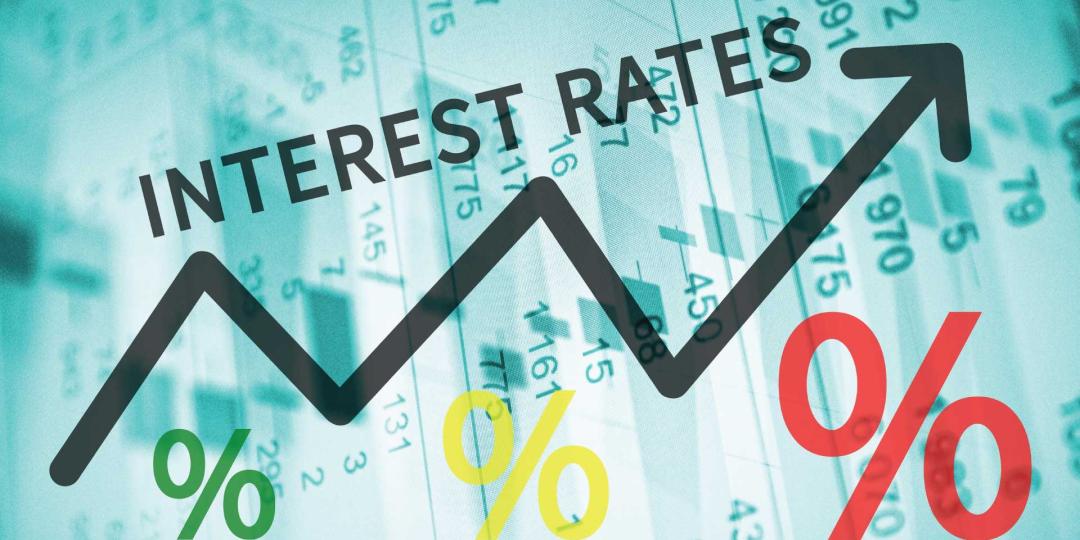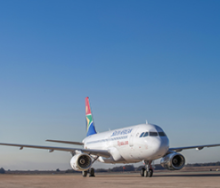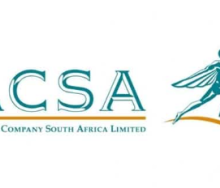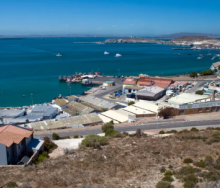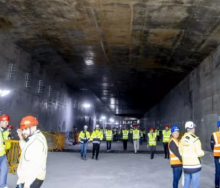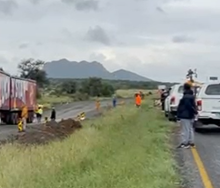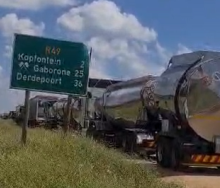The SA Reserve Bank is expected to announce a heftier interest rate increase than economists initially forecast following the ongoing tendency of more than 40 central banks globally to hike rates in recent months.
This is according to the Bureau for Economic Research’s (BER) latest Weekly Review released on Monday, which highlighted the announcements of several central banks globally, as well as a decision by the United Kingdom to provide consumers with a large fiscal support package.
“Most key was the European Central Bank’s (ECB) decision to increase its rate by 75 basis points (bps). A move of that magnitude was largely priced in by the time of the announcement, but was deemed highly unlikely just weeks ago,” the BER said.
“The big hike and the firm guidance of more increases to come was on the back of recent Eurozone (EZ) activity data staying more resilient than expected, while inflation is at a record high of 9.1% and set to rise further.”
The ECB expects economic growth to slow notably in the second half of the year, but for now its baseline forecast is not for a recession. However, it presented a downside scenario which sees EZ GDP contract by 0.9% in 2023.
“More than 40 central banks have now hiked their policy interest rate by 75bps or more in a single move this year. Indeed, on the same day as the ECB statement, the chair of the US Federal Reserve (Fed) Jerome Powell again emphasised that the Fed needs to act ‘forcefully’, which further cemented the market expectation of a third consecutive 75bps US policy rate hike later this month,” the BER said.
It has therefore changed its forecast for the next SARB interest rate hike.
“We have changed our expectation for the next interest rate move by the SARB to a 75bps increase, up from a 50bps hike expected before. Many of last week’s happenings enforce this view; most notable is a weakening rand amid aggressive global monetary policy tightening and less currency support from the current account,” the bureau said.
“Beyond September, the pace of policy increases is set to slow and then halt as the SA inflation peak is likely behind us (July) and lower growth in our trading partners brings downside risks to SA growth prospects. In further hawkish comments from SARB officials last week, Governor Lesetja Kganyago was quoted as saying it was too early to be confident that SA inflation has indeed peaked.”
The BER added that unlike the US, which could skirt an outright or deep recession, a protracted downturn was expected in the UK where inflation was already higher than in other G7 countries. However, the proposal by UK Prime Minister Liz Truss to shield consumers from soaring energy prices by limiting the average household electricity bill for two years was likely to “soften the hit to growth and ease near-term inflation concerns”. The business equivalent support will only be in place for six months.
“There are already concerns that removing an incentive for wealthier households to reduce energy usage could have negative consequences down the line. Estimates of the size of the fiscal package vary and could increase if the wholesale gas price continues to rise, but it is set to cost at least £150 billion (around 5.5% of UK GDP),” the bureau said,
The plan also relies on increasing UK oil and gas production and a reform of the energy market.
Several European countries have also extended fiscal relief to shield households from surging energy prices.
Gas and oil prices dropped slightly last week, but remain eight times higher than normal for this time of the year.
“The high prices have caused significant liquidity issues for utility companies because of spiralling collateral requirements. Several governments have started to supply emergency liquidity facilities to utilities,” the BER said.
